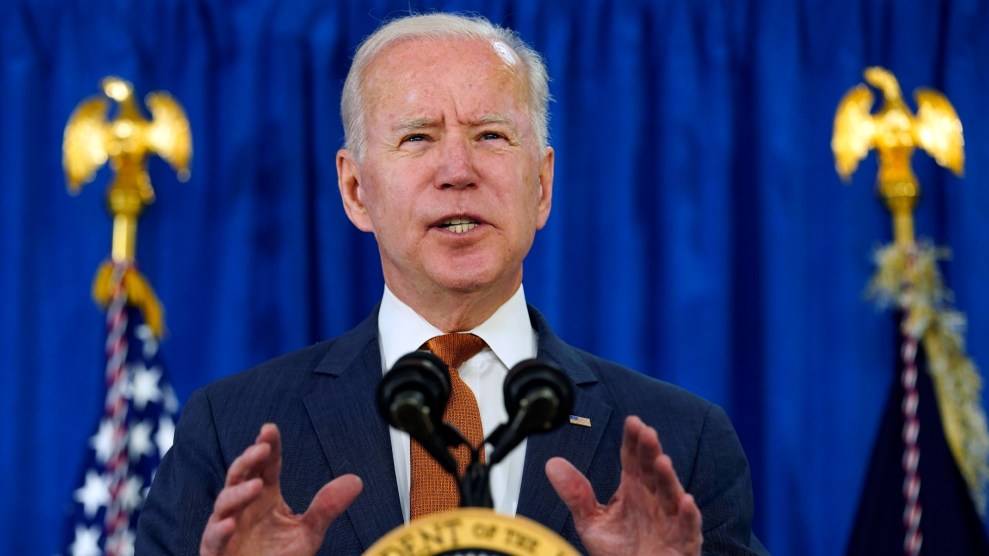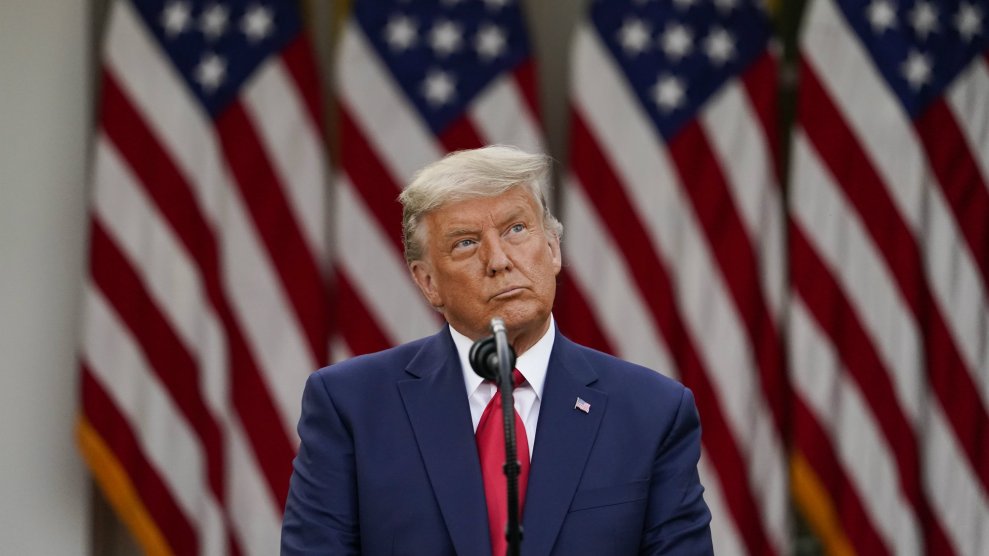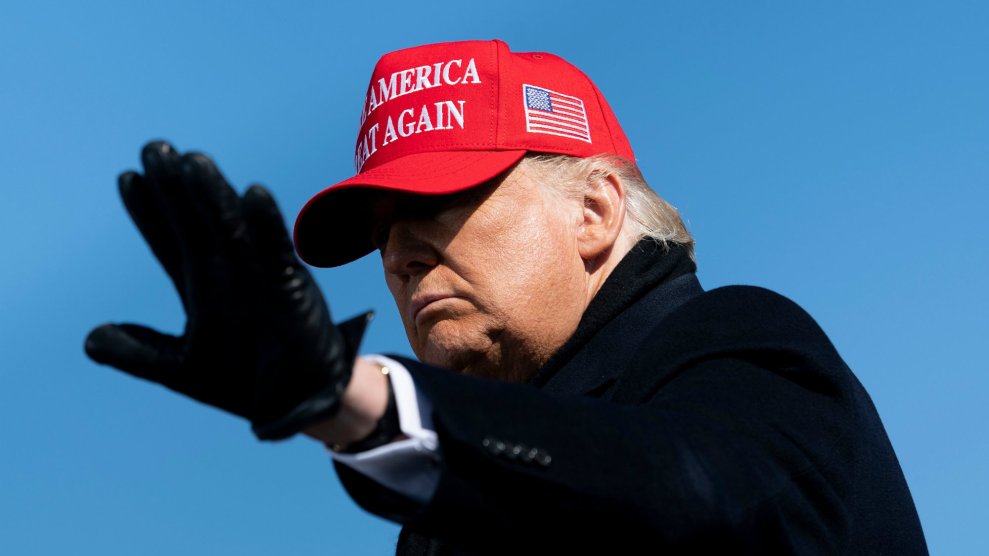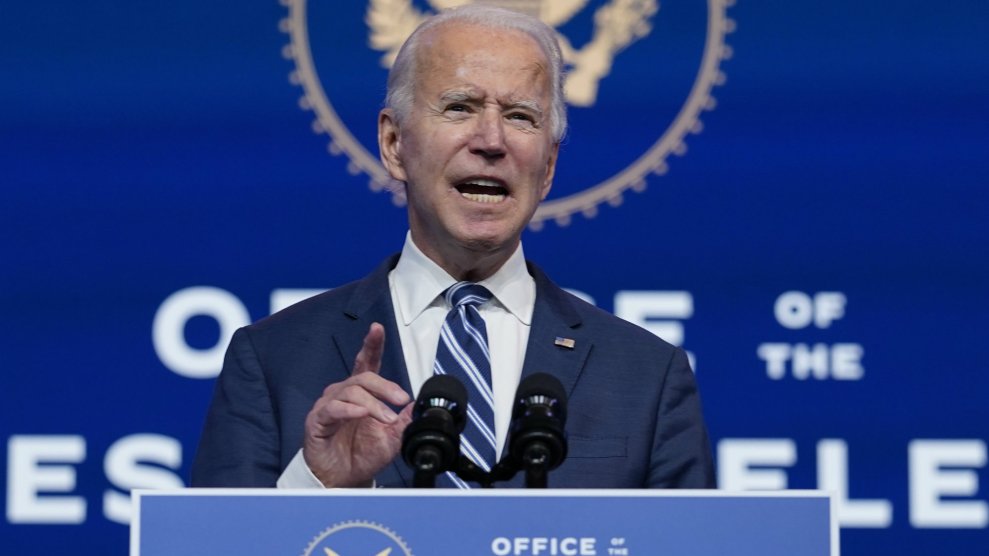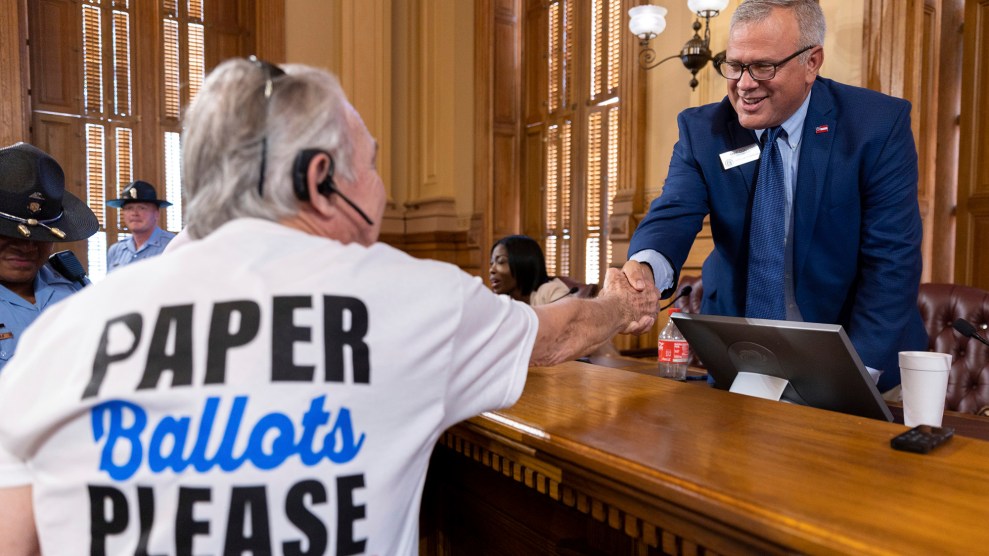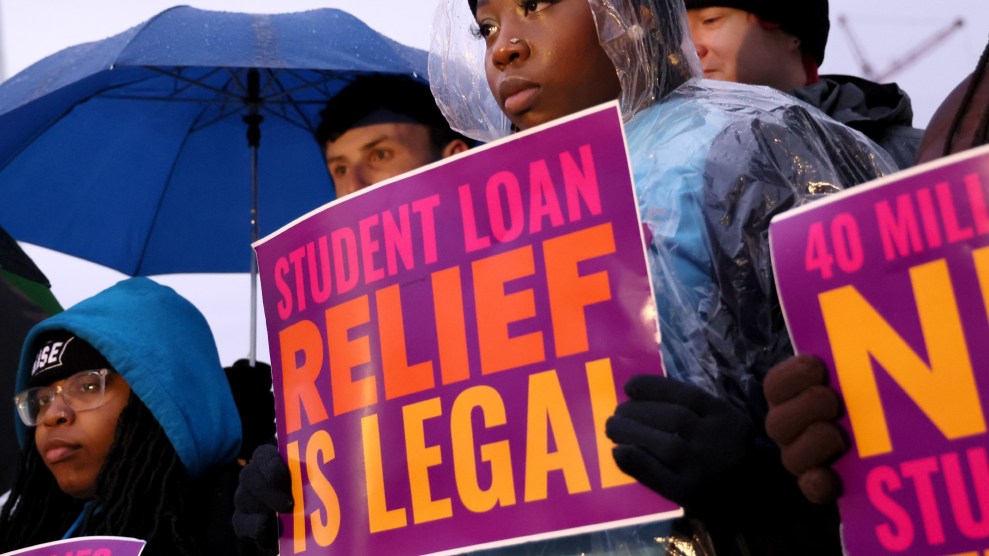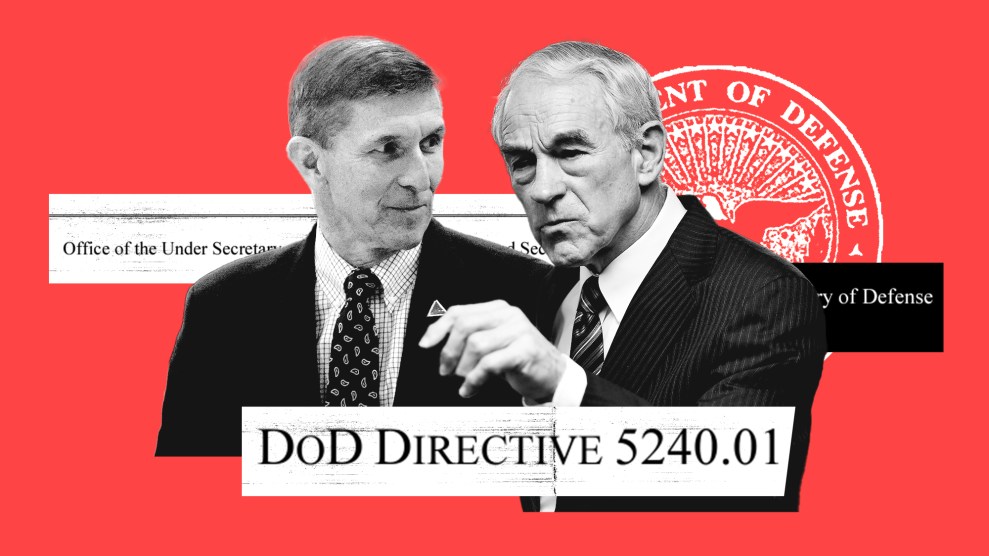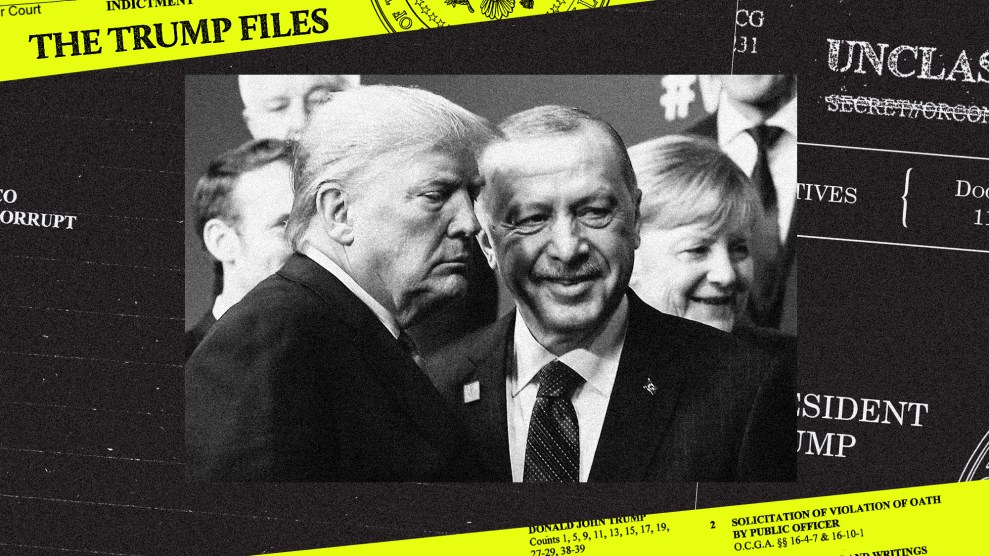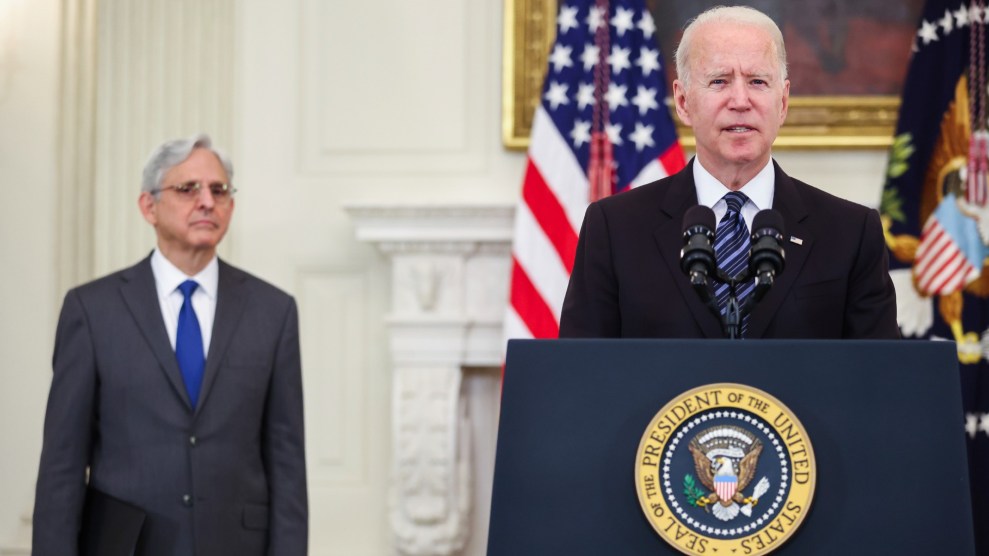
Oliver Contreras/AP
On Thursday, Attorney General Merrick Garland announced a moratorium on federal executions and ordered a review of the government’s execution protocols. The move from the Department of Justice comes after the Trump administration carried out an execution spree that lasted into the final days of his presidency. “The Department of Justice must ensure that everyone in the federal criminal justice system is not only afforded the rights guaranteed by the Constitution and laws of the United States, but is also treated fairly and humanely,” Garland said in a statement. “That obligation has special force in capital cases.”
The moratorium is welcomed, but anti-death penalty advocates wonder what purpose it actually serves. The Biden administration has not scheduled any federal death row inmates for executions and has pledged to not do so. The DOJ order also doesn’t commute any death sentences nor does it bar federal prosecutors from seeking the death penalty. “A moratorium on federal executions is one step in the right direction, but it is not enough,” Ruth Friedman, a federal defender, and director of the Federal Capital Habeas Project, said in a statement.
If the new moratorium seems like a repetition of the past, that’s because in many ways it is. In 2014, former president Barack Obama ordered a review of the government’s death penalty execution protocol in the wake of a botched execution in Oklahoma, in which Clayton Lockett struggled violently on the gurney before his execution was halted. He subsequently died an hour after the procedure began. But because the Obama administration didn’t take any additional steps to end capital punishment, Trump was free to execute a record 13 federal inmates.
As I wrote previously, Joe Biden became the first president to publicly oppose the death penalty:
In its criminal justice platform, the Biden campaign pledged to abolish the death penalty at the federal level and incentivize states to follow suit. In the past, candidates avoided taking this stance on capital punishment out of fear of appearing weak on crime and soft on criminals.
But after assuming the presidency in January, Biden was slow to follow through on his pledge. In fact, last month, the DOJ urged the US Supreme Court to reinstate the death penalty for Dzhokhar Tsarnaev, the Boston marathon bomber whose sentence was overturned by a circuit court last year. The push to re-sentence Tsarnaev to death ran counter to Biden’s anti-death penalty stance and his assurance that he would end capital punishment at the federal level. However, Tsarnaev’s case is still pending in the Supreme Court, as the moratorium only halts executions and no other parts of the death penalty.
Meanwhile, following Garland’s announcement, advocates are urging Biden to go further. “We know the federal death penalty system is marred by racial bias, arbitrariness, over-reaching, and grievous mistakes by defense lawyers and prosecutors that make it broken beyond repair,” Marcus said. If Biden doesn’t commute the sentences of the 46 remaining death row inmates “this moratorium will just leave these intractable issues unremedied and pave the way for another unconscionable bloodbath like we saw last year.”


